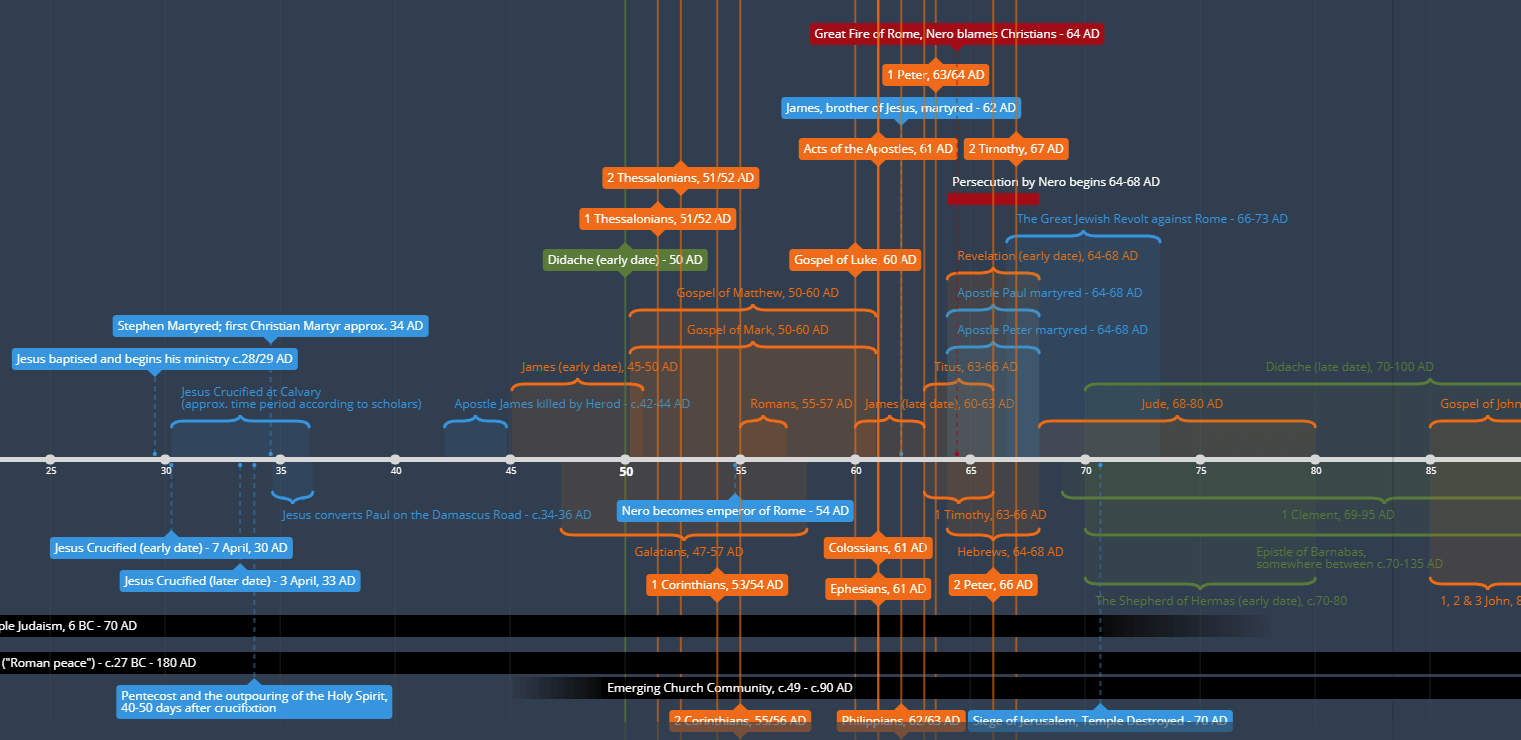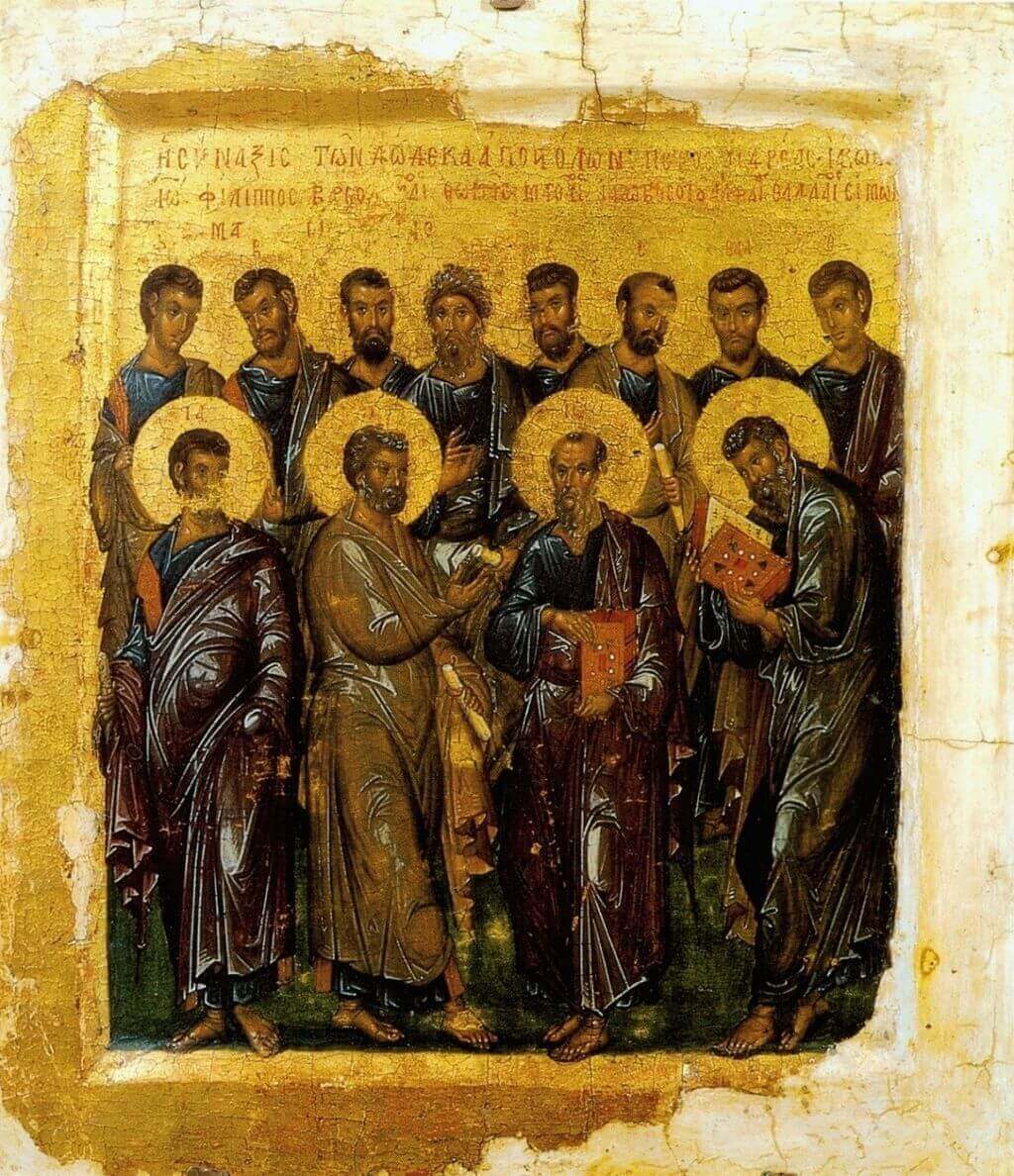Featured
David, Saul, And How We Respond To Broken Leadership
| | General Articles, Politics | 0 commentsWhen we think about David and Saul, we often focus on David’s rise to kingship or his battle with Goliath. But hidden within that story is a deep lesson for today’s generation about leadership, resistance, and the power of revolutionary love. At a recent youth training event (thanks to South West Youth Ministries), I was asked how I would present the story of David and Saul to a Christian teenage youth group. My mind turned to the politics of their relationship, and how David accepted Saul’s leadership, even when Saul had gone badly astray. David recognised that Saul was still God’s anointed king — placed there by God Himself — and that it was not David’s place to violently remove him. Gen-Z are more politically aware and engaged than previous generations, and are growing up in a world where politics, leadership, and social issues seem impossible to escape. We live in a world where political leaders — whether Trump, Putin, Starmer, or others — are often seen as examples of failed leadership. It’s easy to slip into bitterness, cynicism, or violent rhetoric. These kids are immersed in a culture of activism and outrage. As Christians, we’re called to care deeply about truth and justice and approach leadership differently from the world around us (Hosea 6:6; Isaiah 1:17; Micah 6:8). The story of David and Saul offers pertinent lessons for our modern lives. Respect Without Endorsement David’s respect for Saul was not blind loyalty. He did not agree with Saul’s actions, nor did he ignore Saul’s evil. David fled from Saul’s violence; he challenged Saul’s paranoia; he even cut the corner of Saul’s robe to prove he had the chance to kill him but chose not to. Yet throughout, David refused to take matters into his own hands by force. Why? Because David understood that even flawed authority ultimately rested in God’s hands, he trusted that God would remove Saul at the right time. This is echoed later in the New Testament when Paul writes in Romans 13 that “there is no authority except from God, and those authorities that exist have been instituted by God”, something even Jesus reminded Pilate of during his trial (John 19:10–11). In other words, even flawed leadership can be part of God’s bigger plan, whether for blessing or discipline. Even when leaders go bad, our call as believers is to maintain integrity, respect the position, and resist evil through righteousness — not rebellion. David and Saul: A Lesson in Respect and Restraint Saul was Israel’s first king — anointed by God but later corrupted by pride, fear, and violence. David, chosen to succeed him, spent years running for his life from Saul’s jealous rage. One day, David found Saul alone and vulnerable in a cave. His men urged him to strike Saul down and end the conflict. But David refused: “I will not raise my hand against my lord; for he is the Lord’s anointed.” (1 Samuel 24:10) Instead of killing Saul, David cut off a piece of his robe to prove he could have harmed him, but didn’t. In doing so, he demonstrated a real form of nonviolent resistance. He stood firm against Saul’s injustice without resorting to injustice himself, and acted in a way that could try to humble Saul instead. Peacemaking Is Not Passivity There is a modern misconception that peacemaking means doing nothing and just letting injustice roll all over us. But true biblical peacemaking is not passive; it actively resists evil without becoming evil. Interestingly, David’s actions toward Saul also foreshadow the type of nonviolent resistance Jesus later taught. When Jesus commanded His followers to turn the other cheek, go the extra mile, and love their enemies, he was not calling for passive submission but offering what scholar Walter Wink describes as a “third way” — a bold, peaceful form of resistance that uses what he calls “moral jiu-jitsu” to expose injustice without resorting to violenc...
The Reality of Sin
| | General Articles, Sin | 0 commentsSin is like a mold on us, like a rotting, black skin disease. If only we could see it on us, we'd be disgusted and repulsed! Zombies are popular on TV etc. right now, think of the grossness of those images and realise that when we sin and keep sinning, that's what we end up looking like before God! We are living stones, together building up the temple of the Holy Spirit (1 Peter 2:5; 1 Cor 6:19). Think about that for a moment. Think of the splendor of Solomon's temple when it was built (re-read...
Free Early Church Resources
| | General Articles, Early Church | 0 commentsFree Early Church Resources I've created a few resources to aid with your studies or interest in the Early Church. The below maps are converted from the appendices in my book. I'll also soon add some hi-res versions as A3 poster size to purchase as well. Below the maps is an interactive chronological timeline of when the New Testament and Early Church texts were written. At the time of writing, I have covered most of the Ante-Nicene (pre-325 AD) period. Geographical Locations of Early Church T...
My new book, available now! Take a journey through the first 400 years of Church History in only 40 days!
| | General Articles, Early Church | 0 commentsTake a journey through the first 400 years of Church History in only 40 days! "40 Days with the Fathers" is a daily reading plan/devotional spread out over forty days; and over the course of this reading plan you will read extracts and commentary on 23 different early Church texts from a selection of some of the most influential Church Fathers, such as: Didache, Diognetus, Polycarp, Ignatius, Justin Martyr, Cyprian, Athanasius, Cyril of Jerusalem, Ambrose of Milan, and Leo the Great. These pe...
Creedal Christians: The Apostle's Creed
| | General Articles, Early Church | 0 commentsThe Apostle's creed — what is it and why is it called that? Outside of the New Testament, this is one of the oldest creeds we have, dating back to the sixth – eighth century in its current form that is commonly known today, but having its origins much earlier — as far back as the second century in a shorter form known simply as the “Old Roman Creed”. The Apostles creed is also sometimes referred to as the “Rule of Faith” as it is a summary of the Gospel and is the basis for prett...
Creedal Christians: Introduction
| | General Articles, Early Church | 0 commentsI’m starting a new four part series over the coming weeks which will be looking at the different historical creeds of the Church which have been recited, used and handed down for two millennia, beginning with the very first formal creed: the Apostles Creed. This series will be a mixture of historical background plus a commentary on the creed itself to see where each statement is based in Scripture, and why we can trust them to accurately portray the Faith. What are creeds and why should we ac...







